Read an Excerpt From All the Hidden Paths
Comment number:
0
Advertisement
Showing 12 results
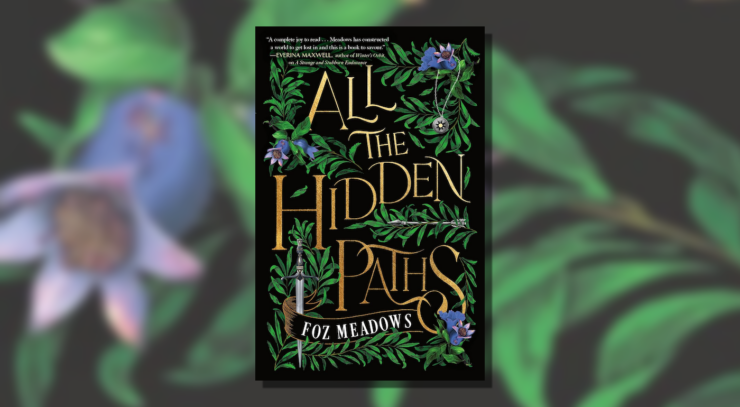
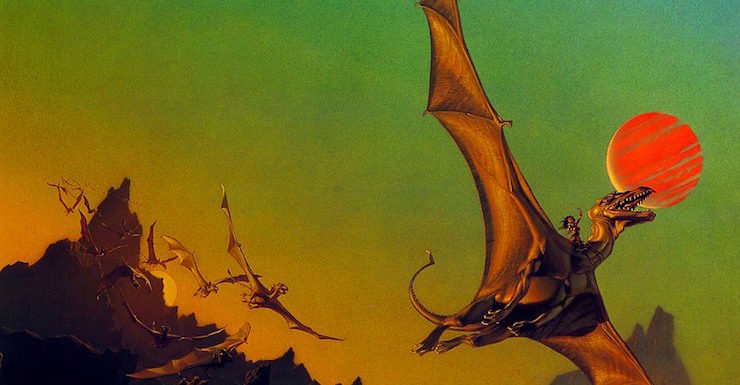
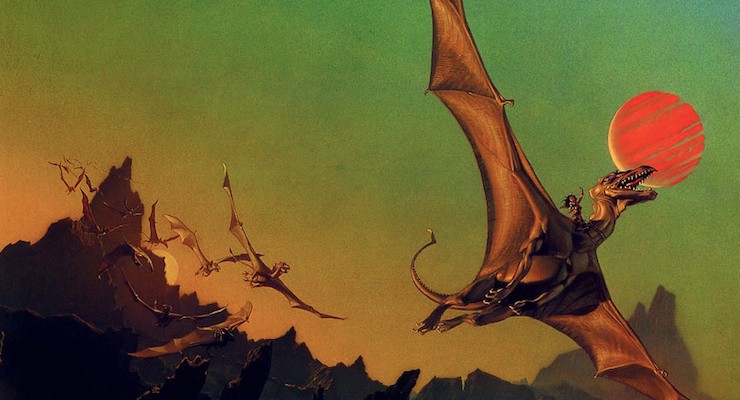
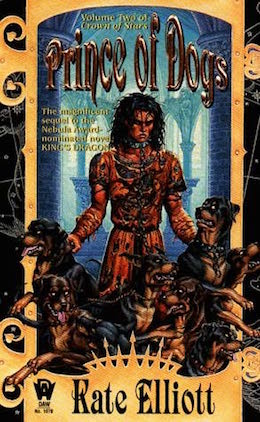


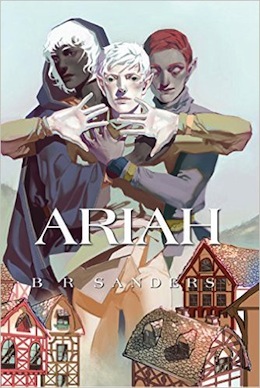
“There was a boy called Eustace Clarence Scrubb, and he almost deserved it.”
C.S. Lewis, The Voyage Of The Dawn Treader
For compliance with applicable privacy laws:



